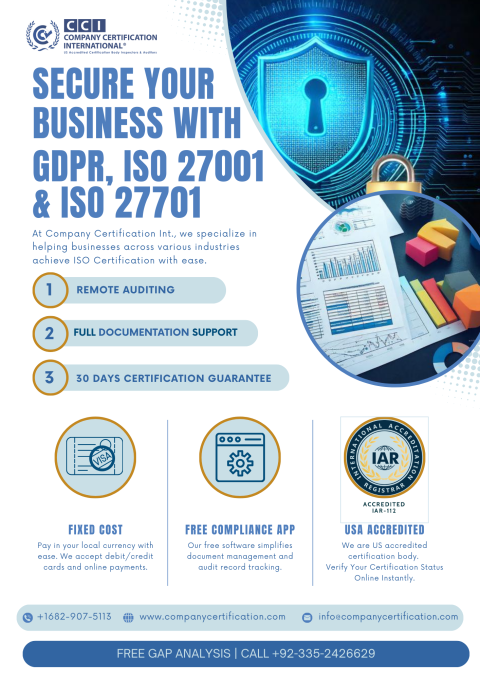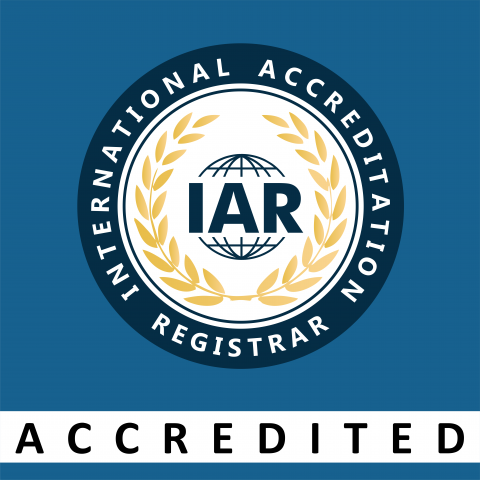ISO 22320 – Emergency Management Conformity Assessment
Overview
ISO 22320 specifies requirements for effective incident response. Our assessment helps organizations:
Evaluate emergency preparedness against international standards
Identify gaps in crisis management processes
Improve coordination with first responders and authorities
Enhance organizational resilience during disruptions
Who It's For
Government emergency response agencies
Critical infrastructure operators
Corporate security and business continuity teams
Healthcare and public safety organizations
Disaster recovery service providers
Why an ISO 22320 Assessment Matters
Response Effectiveness: Streamline incident command systems
Regulatory Compliance: Meet emergency preparedness mandates
Stakeholder Coordination: Improve multi-agency collaboration
Reputation Protection: Demonstrate crisis readiness
Scope of Our Assessment
Command Structure: Incident management team evaluation
Communication Systems: Emergency notification processes
Response Procedures: Scenario testing and drills review
Resource Management: Equipment and personnel readiness
Improvement Roadmap: Prioritized enhancement actions
Our 6-Step Assessment Process
Pre-Assessment Questionnaire: Baseline capability review
Document Review: Emergency plans and procedures
Facility Walkthrough: On-site or virtual inspection
Simulation Exercise: Tabletop or functional drill
Stakeholder Interviews: Response team debriefs
Final Report: Conformity Assessment with action plan
Deliverables
Conformity Assessment Certificate (valid 1 year)
Emergency Preparedness Scorecard
Gap Analysis Report
Training Recommendations
After-Action Review Package
Why Company Certification Int.?
Crisis Management Experts: Assessors with FEMA/EMC certifications
Real-World Experience: Lessons from actual disaster responses
Practical Focus: Actionable recommendations, not just compliance
Global Benchmarking: International best practices
FAQ
Q: Is ISO 22320 certification available?
A: No, it's an implementation standard. Our assessment provides formal recognition of your compliance.
Q: How many scenarios should we test?
A: We typically evaluate 2-3 high-risk scenarios relevant to your operations.
Q: Can this integrate with our BCMS?
A: Yes, we align assessments with ISO 22301 business continuity systems.
Q: What's the difference between this and NFPA 1600?
A: ISO 22320 focuses specifically on incident response, while NFPA covers broader continuity planning.
Q: Do you conduct full-scale drills?
A: We offer both tabletop exercises and limited functional drills.
Get Started
Ready to strengthen your emergency response?
[Request Preparedness Assessment] [Download Emergency Checklist]



